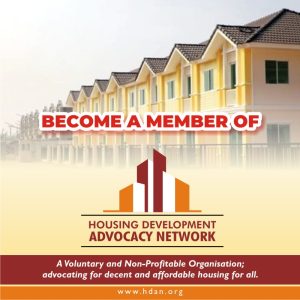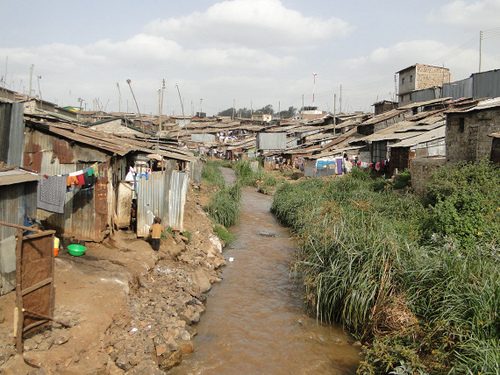The rising cost of housing in Abuja is forcing low-income residents into overcrowded slums, with limited access to basic amenities and infrastructure.
As Nigeria’s capital city expands, the demand for affordable housing continues to exceed supply, leaving many vulnerable residents unable to secure decent homes.

Despite government and private sector efforts to address the housing deficit, high property prices and the scarcity of affordable housing options have left many low-income Nigerians in precarious living conditions. These residents are often confined to densely populated slum areas with inadequate sanitation, clean water, and electricity, creating challenging environments for families trying to make ends meet.

Experts warn that the housing crisis in Abuja reflects broader socioeconomic issues, including rising land costs and limited government interventions in affordable housing. With the city’s population expected to grow further, the lack of affordable housing options threatens to worsen the living conditions of economically disadvantaged groups.
Housing advocates are calling for increased investment in affordable housing solutions, urging both government and private stakeholders to prioritize the needs of low-income families. Without meaningful action, the divide between Abuja’s affluent and impoverished residents will continue to deepen, leaving the city’s most vulnerable in unsustainable housing situations.



